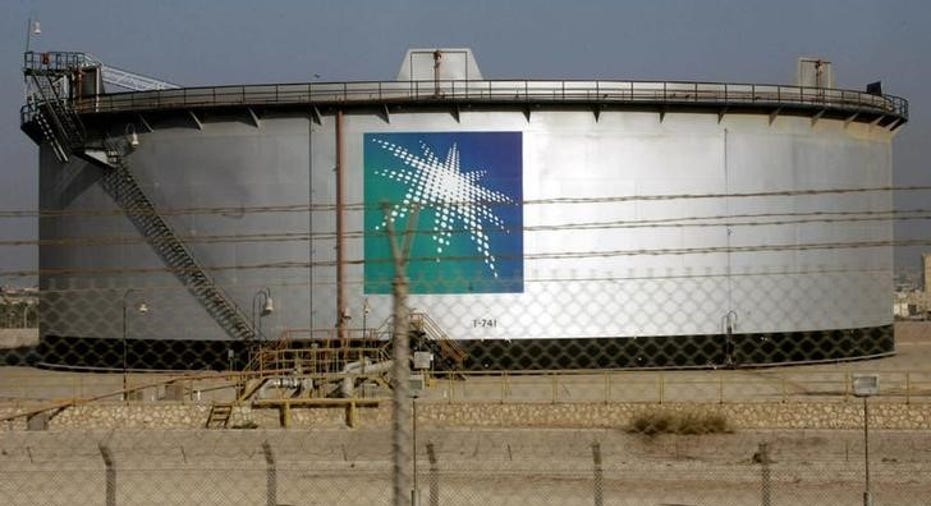Saudi Aramco selects U.S. firms to audit its reserves for IPO: sources

DUBAI/KHOBAR, Saudi Arabia/LONDON (Reuters) - State oil giant Saudi Aramco [IPO-ARMO.SE] has tasked two U.S. industry leaders in oil reserves auditing to review the content of its deposits as it pushes ahead with a share listing next year, industry sources said on Thursday.
Aramco, whose fields are estimated to contain 15 percent of the world's oil, has asked a unit of oil services firm Baker Hughes - Gaffney, Cline and Associates - to carry out the review, three sources familiar with the move told Reuters.
Two separate sources said Aramco had also asked Dallas-based DeGolyer and MacNaughton, one of the world's oldest names in reserves auditing, to perform some work.
Baker Hughes and Aramco declined to comment. DeGolyer did not immediately respond to a request for comment.
The listing, expected to be the world's biggest initial public offering (IPO), is a centerpiece of a Saudi Arabian government plan to transform the kingdom by enticing investment and diversifying the economy away from a reliance on oil.
Aramco, once U.S.-based and run by Americans, has long been a Saudi state corporation. It dwarfs all others in the industry by production and reserves, with crude reserves of 265 billion barrels.
The plan to list Aramco, the kingdom's crown jewel, is being championed by Deputy Crown Prince Mohammed bin Salman, who oversees energy and economic policy in the world's top oil-exporting nation.
He is leading a reform drive, called Vision 2030, to address falling oil revenue and fiscal deficits by boosting the private sector, ending government waste and diversifying the economy.
Last year, Prince Mohammed said he expected the IPO would value Aramco at a minimum of $2 trillion, but that he thought the figure might end up higher.
Any valuation would account for oil price expectations and the size of Saudi Arabia's proven crude reserves.
Industry sources say the right to own the reserves is a sovereign issue retained by the Saudi government, while Aramco is most likely to keep its concession, meaning it would have direct access to those reserves with sole rights of exploration and production.
The main question is how much of the oil reserves would be reflected in Aramco's financial books after an independent audit as a result of the concession, the sources say.
"Aramco is in talks with a company to audit its reserves and another one to audit its finances," another Saudi-based industry source said.
"Whether (all) the oil reserves would be IPO-ed or not, that's still being discussed."
The Wall Street Journal was first to report that Aramco had hired Gaffney, Cline & Associates to assess its oil reserves, citing sources.
MILESTONES
Saudi officials and their advisers are aiming for two key milestones in 2017 as they push ahead with the flotation.
Saudi-based industry sources say 2018 remains the planned date and up to 5 percent is the stake size being considered for the offer, though this could be raised depending on oil prices and market reaction to the listing.
"There are two key milestones this year. Choosing banks for the IPO and choosing an exchange," said a senior industry source familiar with the IPO plans.
"Aramco is looking at all options ��� ranging from North America, Europe and Asia. In terms of deadlines, 2018 is still the plan to list the company."
Aramco had said it was considering several options for the flotation, including a single domestic stock exchange listing and a dual listing with a foreign market.
Officials from the oil firm plan "discovery trips" to foreign exchanges in the next few months and have invited banks to pitch for an advisory position��in the IPO, the sources said.
Morgan Stanley and HSBC are among the banks that have received a request for proposals. The invitation was to evaluate Aramco's business and help it with measures surrounding the share sale.
(Additional reporting by Dmitry Zhdannikov in London; Editing by Dale Hudson)



















